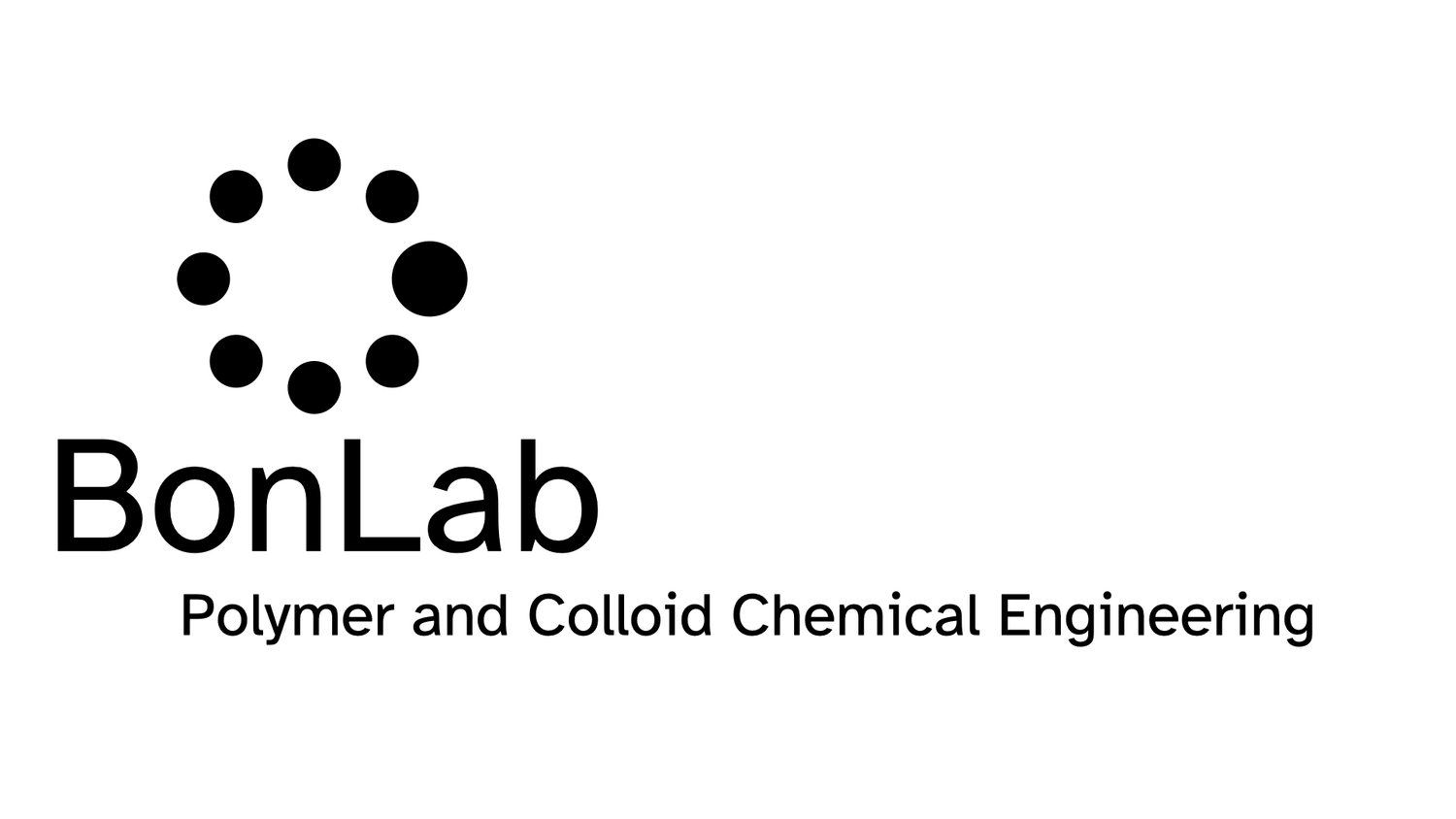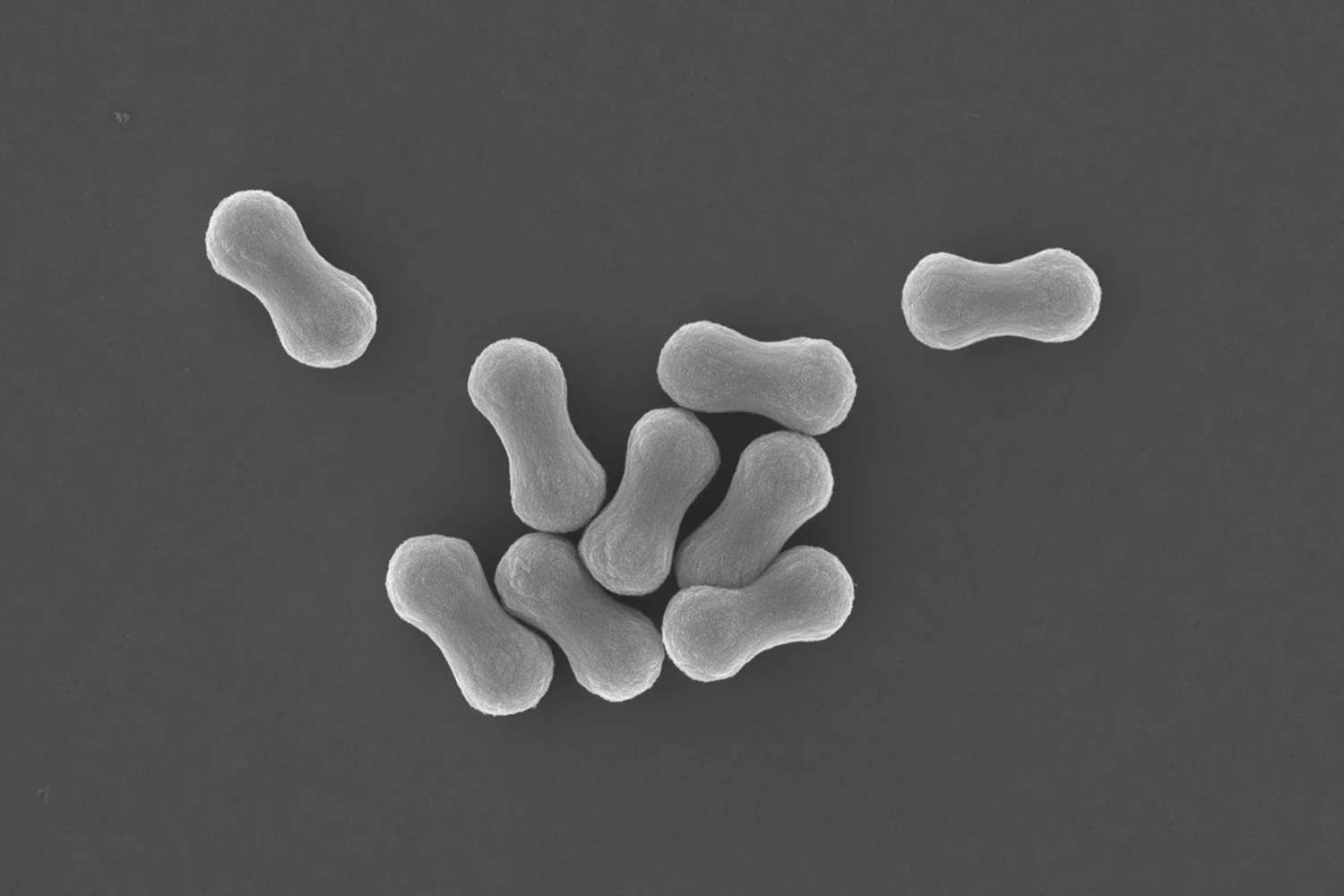Emily Brodgen has been awarded “best talk” at the Graduate Research Seminar (GRS) of the International Polymer Colloids Group (IPCG) conference held at Queen’s University in Kingston, Ontario, Canada.
Join BonLab as a PhD student in 2022
We are looking for enthusiastic and dedicated people to join the BonLab as a PhD student. Start dates are Oct-Dec 2022. Do you have what it takes to work at the forefront in supracolloidal chemical engineering?
You will be working under guidance of prof.dr.ir. Stefan A. F. Bon on an exciting 3.5 year project in collaboration with industry in the area of polymer and colloid science. The project will relate to:
Next generation sustainable polymer colloids
This projects deals with the fabrication of sustainable polymer colloids and capsules and their use as building blocks for a range of supracolloidal materials. We will look at alternatives to free radical polymerization methods under the tentative title: “oh, but its not microplastics”. Not only will we look at innovative fabrication methods, we will look at the formulation process involved during the processing into colloidal products, and we will characterize the physical and mechanical properties of the materials made.
Enquiries, which should include a CV with the names of two referees, should be made to prof.dr.ir. Stefan A. F Bon (s.bon@warwick.ac.uk)
Requirements:
An eligible student must hold, or be predicted to obtain, at least a 2.1 4-year degree in Chemistry, Chemical Engineering, Physics, or an equivalent scientific discipline. Exceptional students with a 3 year BSc degree will also be considered. This studentship is open to UK and EU (pre-) settled nationals and those of equivalent status* (fees paid, plus annum stipend). Availability is for 3.5 years.
*Please note - ELIGIBILITY - Applicants from outside the UK are eligible for this post if they can bridge the gap between home and overseas study fees.
Use of macromonomers as reactive stabilizers in mini-emulsion polymerization
A mini-emulsion polymerization is a variation on the more conventional emulsion polymerization process in that in the ideal scenario latex particles are formed by monomer droplet nucleation. The monomer droplets are turned into polymer particles. The trick to achieve this is to shrink monomer emulsion droplets to sub-micrometer diameters. For this two ingredients are key, one is a lyophobe, a compound that dissolves in the monomer droplet but does not like to partition into the continuous phase, here water. Typically n-hexadecane is used. This compound suppresses coarsening, also called Ostwald ripening, of the droplets by providing an Osmotic counter pressure. The other essential ingredient is a surfactant which aids to stabilize the large combined surface area of the droplets and keeps then from colliding and fusing (colloidal stability).
The use of molecular surfactants, however, can have negative impacts when the polymer latex is used in formulations and applications as the surfactant can migrate. For example in a clear coating it could lead to uptake of water, causing the transparent coating to become opaque, a phenomenon known as water whitening.



